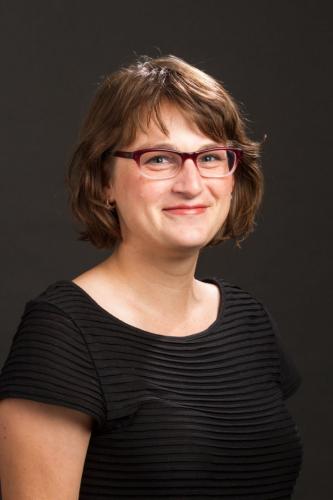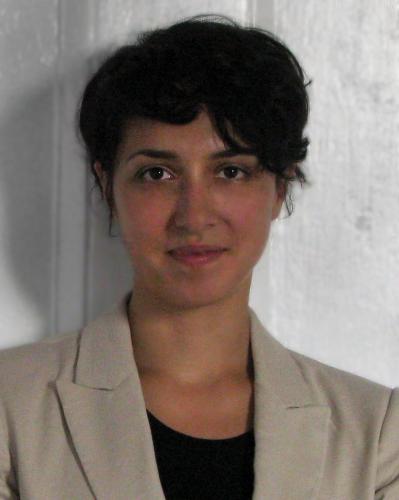HUMS 463, Critical Theories of Science and Religion

Course Description:
This course is an introduction to new thinking about the relationship of science and religion in global modernities. Drawing from work in feminist and indigenous studies, critical race theory, postcolonial studies, and multispecies thought, we explore systematic questions at the intersection of metaphysics, history of science, and politics.
How can attending to the role of practice alter our understanding of how knowledge is produced across scientific and religious worlds? What is a world, and who gets to define it? How might a new contract between science and religion reveal fresh possibilities for an ethical response to late capitalism: addressing historic exclusions, structural inequalities, and human-non-human relations?
Readings may include: Bruno Latour, Donna Haraway, Kim TallBear, Anna Tsing, Isabell Stengers, Cathy Gere, Mary-Jane Rubenstein, Karen Barad, Robert Bellah, Gabriel Marcel, Elizabeth Povinelli, Nadia Abu El-Haj, Aicha Beliso-De Jesus, Marilyn Strathern, Catherine Keller, Abou Farman, Webb Keane. HU
The Shulman Seminars and Lectures focus on the convergence of the arts and sciences. In recognition of his roles as a Founding Fellow of the Whitney and as an unwavering supporter of the integration of scientific study and the humanities, the series is named after Robert Shulman, Sterling Professor Emeritus of chemistry, molecular biophysics and biochemistry, and senior research scientist in diagnostic radiology.
Led by:
|
|
Professor Noreen Khawaja specializes in 19th and 20th century European intellectual history, and particularly on the shifting status of religious ideas and norms in late modernity. Her research examines the fate of metaphysics, the relation between critique and reform, the nature of realism, as well as the philosophical, historical, and aesthetic features of the secular. Her first book, on existentialism, The Religion of Existence: Asceticism in Philosophy from Kierkegaard to Sartre, was published with the University of Chicago Press in 2016. She is currently working on two major projects. The first is a monograph on the relation between theory and philosophy in the humanities, with particular focus on the study of religion. The other, longer work looks at the emergence of authenticity as a cultural ideal from the early Surrealists to the present day. |
 |
Professor Joanna Radin is an Associate Professor in the History of Science and Medicine. Her research examines the social and technical conditions of possibility for the systems of biomedicine and biotechnology that we live with today. She has particular interests in global histories of biology, ecology, medicine, technology, and anthropology since 1945; history and anthropology of life and death; biomedical technology and computing; feminist, indigenous, and queer STS; and science fiction. She is the author of Life on Ice: A History of New Uses for Cold Blood (Chicago 2017), the first history of the low-temperature biobank and and co-editor, with Emma Kowal of Cyropolitics: Frozen Life in a Melting World (MIT 2017), which considers the technics and ethics of freezing across the life and environmental sciences. |
